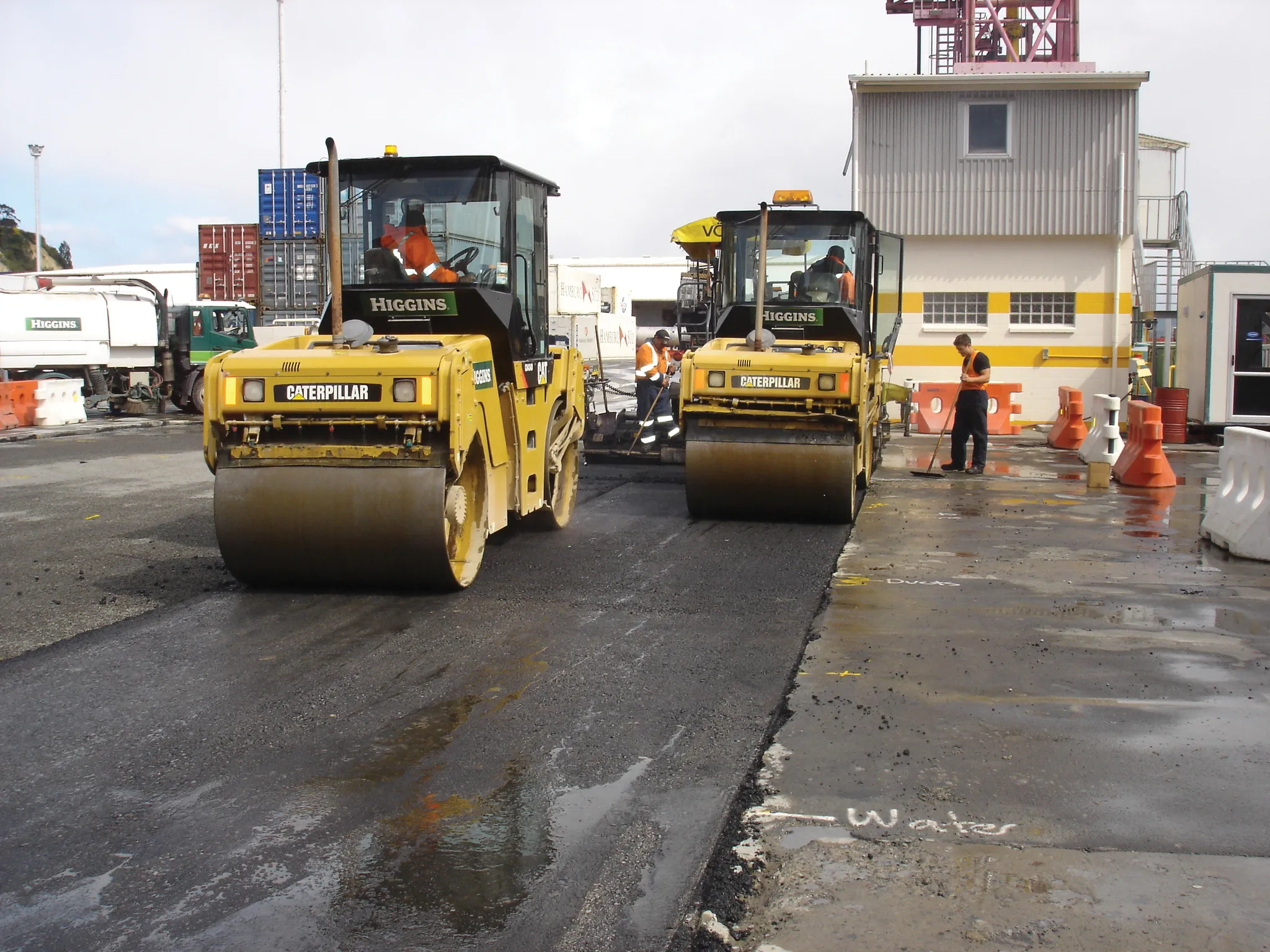Cold mix road repair material containing 100% recycled asphalt has been laid on rural routes in northWales, UK, by the contractor Hogan Construction.Work was carried out to demonstrate that structural integrity can be restored to a failing carriageway without making use of primary aggregates or hot bitumen.
March 15, 2012
Read time: 1 min

Cold mix road repair material containing 100% recycled asphalt has been laid on rural routes in north Wales, UK, by the contractor Hogan Construction (part of 3943 Hogan Group).Work was carried out to demonstrate that structural integrity can be restored to a failing carriageway without making use of primary aggregates or hot bitumen.
Over 500tonnes of recycled material featuring a Nymuls CP50 emulsion – supplied by294 Nynas – was laid as a binder course on three sites this summer on behalf of local authorities in Gwynedd and Anglesey.
The cold mix material was laid and compacted at an ambient temperature before being overlaid with a surface dressing. Hogan’s Director of Business Development David Morris said: “We wanted to lay an asphalt made up of 100% recycled material because we saw the potential to reduce the use of primary aggregates in the highway maintenance process. The clients are perfectly happy with how the material has performed so far.”
Over 500tonnes of recycled material featuring a Nymuls CP50 emulsion – supplied by
The cold mix material was laid and compacted at an ambient temperature before being overlaid with a surface dressing. Hogan’s Director of Business Development David Morris said: “We wanted to lay an asphalt made up of 100% recycled material because we saw the potential to reduce the use of primary aggregates in the highway maintenance process. The clients are perfectly happy with how the material has performed so far.”








